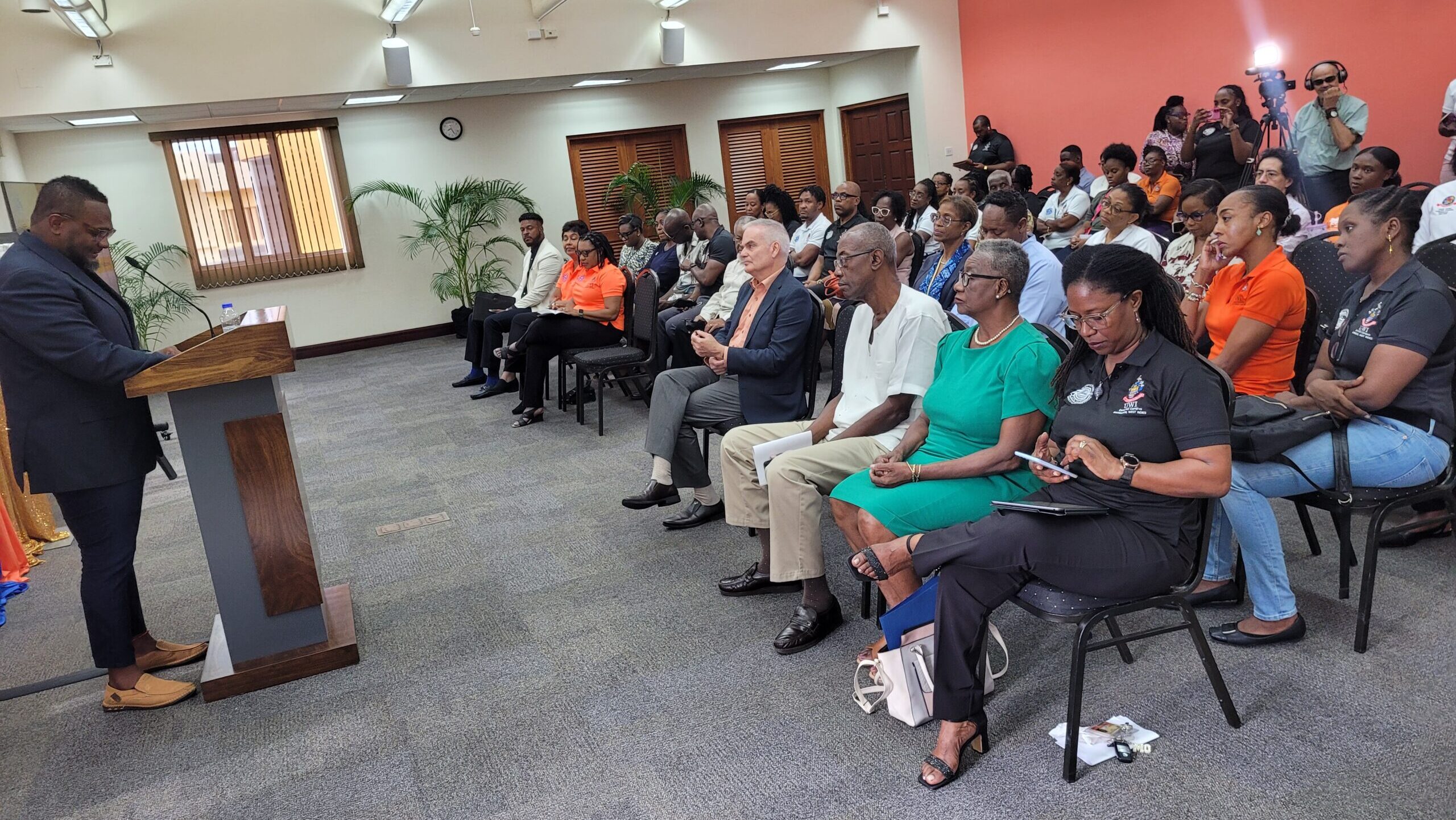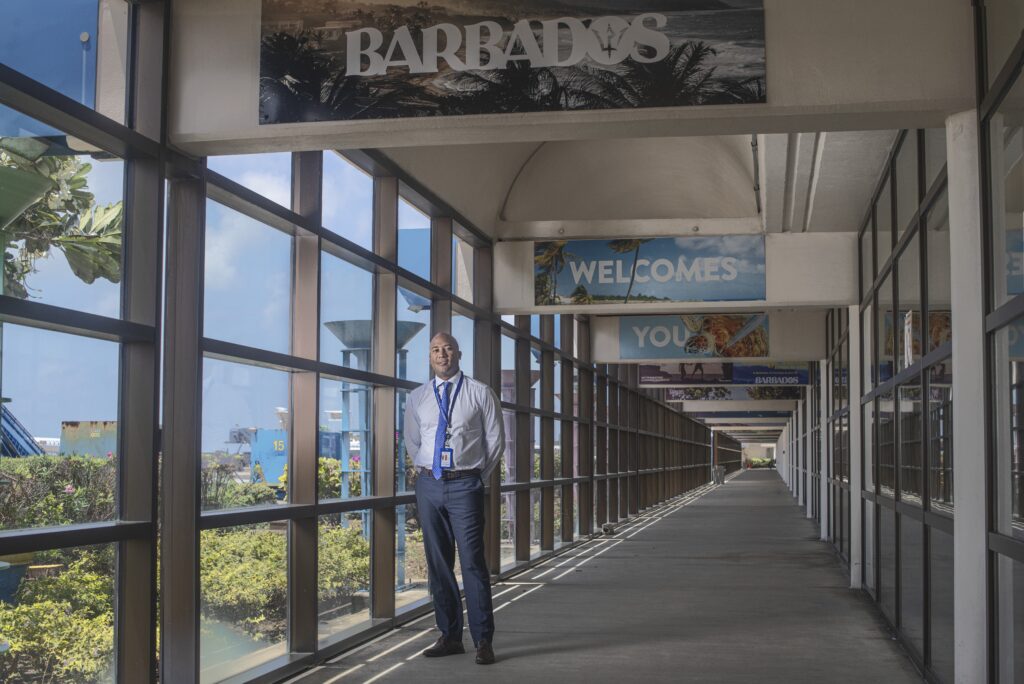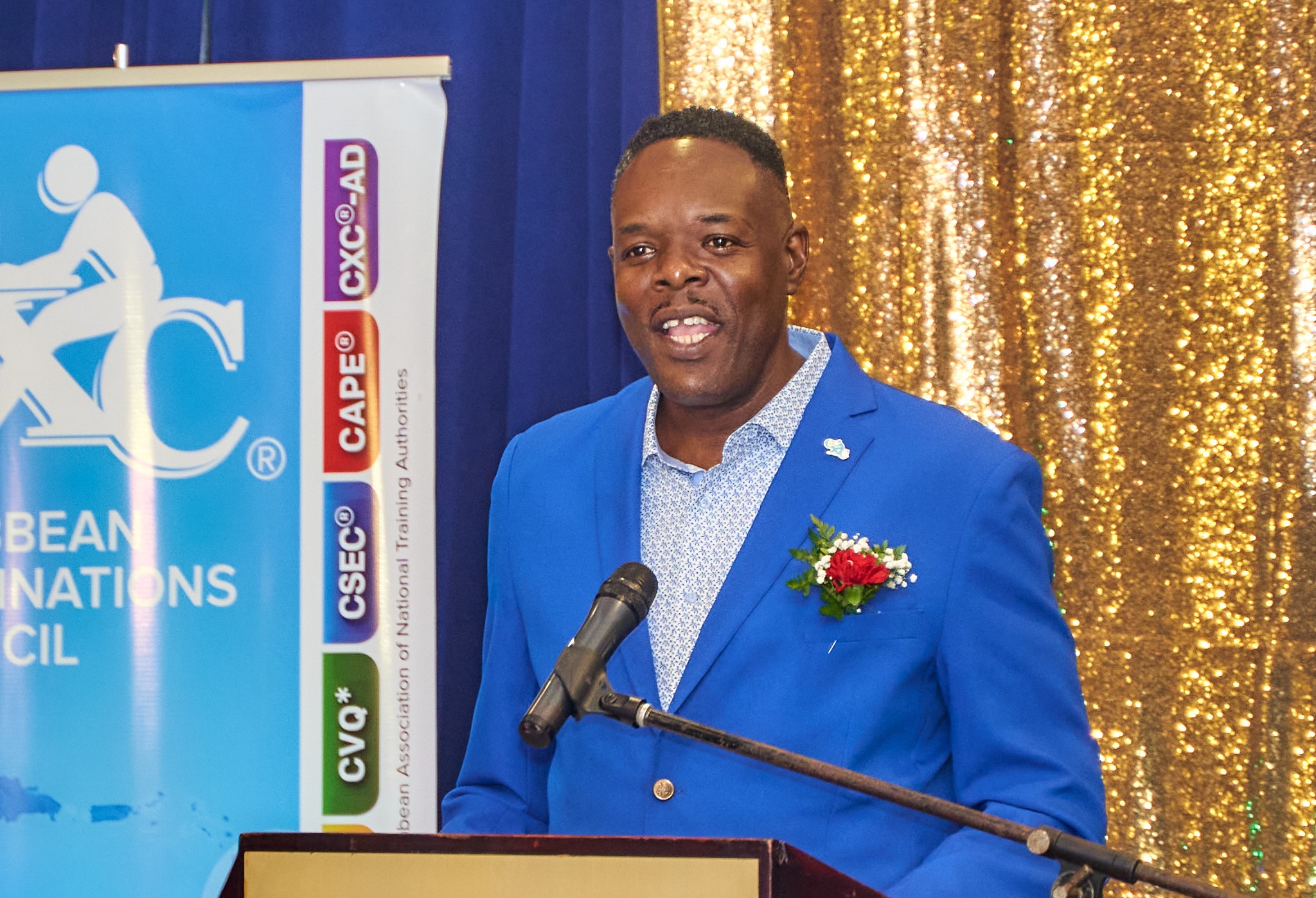University of the West Indies Faculty of Social Sciences Marks 50 Years of Shaping Caribbean Minds

January 17, 2025
The University of the West Indies at Cave Hill celebrates 50 years of shaping Caribbean minds. Faculty of Social Sciences honored for influencing regional policy and offering diverse academic programs.
The University of the West Indies at Cave Hill Camus on Thursday marked a half-century of shaping Caribbean minds as its Faculty of Social Sciences launched its 50th-anniversary celebrations.
With over 20 000 graduates and a legacy of influencing regional policy and public discourse, UWI officials toasted the faculty’s pivotal role in Caribbean development.
The launch, held under the theme Legacy of Excellence: Honouring Connections, Inspiring Futures, showcased the faculty’s growth, innovation and impact during a ceremony at the Sagicor Cave Hill School of Business and Management.
Faculty Dean Professor Troy Lorde described the growth of the social sciences faculty, sharing its journey from its humble beginnings in 1975 with just three undergraduate programmes—economics, political science, and sociology.
He shared that the faculty has since grown into a powerhouse of academic offerings.
Today, it provides 84 bachelor’s degrees, four undergraduate diplomas, 49 taught master’s degrees, and 14 MPhil and PhD programmes across fields such as digital transformation, healthcare management, and criminology.
“The first group graduated in 1976, they were five in number,” Lorde said, sharing that they were Simon Best, Elaine Roselyn Cassell, Jeffrey DeCourtnay Cox, Carlene Yvette Hinds-Francis and Mohamed Afzal Yasin. “These days the graduating class is so large, the faculty has its own graduation ceremony.”
While he was unable to confirm the exact number of students who have graduated to date, he recalled that up until 2015, the faculty granted just under 14 000 degrees, diplomas and certificates.
“Another 10 years have passed so it’s reasonable to assume that number now exceeds 20 000 students who have passed through the Faculty of Social Sciences,” he said. “These numbers are but one indicator of the contribution of the faculty to Caribbean society.”
Beyond its academic achievements, the Faculty of Social Sciences has established itself as a thought leader in the region, contributing to critical discussions on governance, economics, and policymaking.
The dean recognised various trailblazers of the faculty who he said were “the source of its intellectual DNA”.
“I also want to acknowledge the excellence in research that has been integral to the transformation of Caribbean society, from social and economic development to digital transformation to business and financial deepening,” he said.
“It is my fervent wish that with appropriate support, further research can be incentivised in partnership even more with local and regional industries and businesses to further drive innovation.”
This, according to Lorde, will ensure that the Faculty fulfils not just the aspirations of its students, but also helps to create and drive “some of the jobs that those students will be going to in the future”.
Cave Hill’s Principal, Professor Clive Landis, further praised the faculty for what he said were underappreciated contributions to societal cohesion, public policy and respectful public discourse, stressing its critical role in shaping the region’s development and addressing contemporary challenges.
He highlighted Professors Winston Moore and Don Marshall, for their contributions to national debates, noting that they often present diverse viewpoints while managing to foster respectful and constructive dialogue.
“This faculty’s commitment to engaging with the public and promoting meaningful discourse is a model for how society can navigate differences and move forward,” Professor Landis said.
Landis also hailed the introduction of the groundbreaking Bachelor of Business Administration (BBA) in Aviation Management programme, noting that it will expand to include pilot training in the next academic cycle.
“This programme demonstrates our commitment to innovation and meeting the region’s emerging needs,” he said, adding that the faculty’s ability to adapt to industry demands underscores its relevance and its pivotal role in shaping regional development.
The launch marks the start of a year-long celebration, featuring conferences, showcases, a recruitment fair and interactive sessions designed to honour the faculty’s achievements and engage stakeholders.


